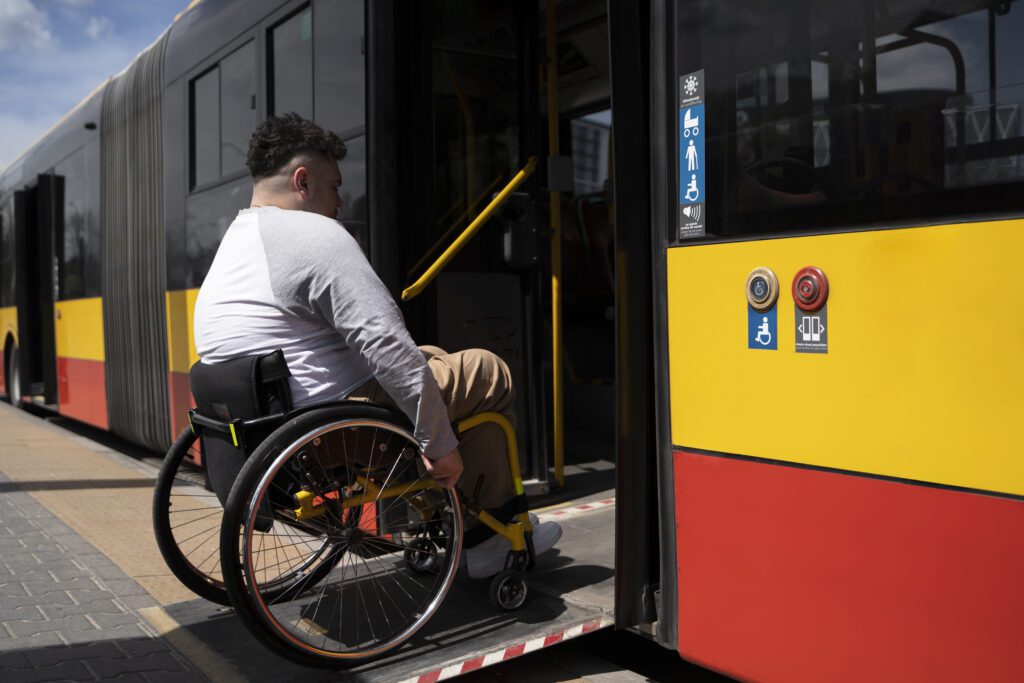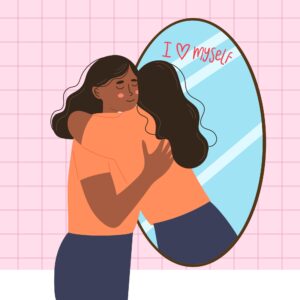Melbourne Unlocked: A Wheelchair User's Guide to Accessible City Exploration
Discover Melbourne’s Accessible Gems: Essential tips to navigate Melbourne’s cultural landmarks, accessible transport, and wheelchair-friendly dining spots with confidence.

Melbourne, Australia’s cultural capital, boasts a vibrant blend of art, history, and culinary delights waiting to be discovered. For wheelchair users and individuals with mobility impairments, navigating Melbourne’s streets can be a rewarding journey with the right guidance. In this guide, we’ll explore accessible public transportation options, barrier-free attractions, and wheelchair-friendly dining spots, tailored specifically for exploring Melbourne’s rich tapestry of experiences.
1. Accessible Public Transportation:
Melbourne’s public transportation system offers several accessible options for wheelchair users:
Trams: Melbourne’s iconic tram network features low-floor trams with accessible boarding ramps and designated wheelchair spaces. Look for tram stops equipped with accessible platforms for easy boarding.
Accessible Buses: Many of Melbourne’s bus routes are equipped with wheelchair ramps and designated wheelchair spaces. Check the Public Transport Victoria website for information on accessible bus routes and schedules.
Accessible Train Stations: The majority of Melbourne’s train stations are equipped with ramps, elevators, and tactile paving for accessibility. Look for stations with accessible platforms and boarding ramps for hassle-free train travel.
2. Barrier-Free Attractions:
Melbourne offers a wealth of accessible attractions for wheelchair users and individuals with mobility impairments:
Melbourne Museum: Explore the fascinating exhibitions at the Melbourne Museum, which features wheelchair-accessible galleries, elevators, and restrooms.
Royal Botanic Gardens: Discover the beauty of nature at the Royal Botanic Gardens, which offers wheelchair-accessible pathways, scenic viewpoints, and accessible amenities throughout the gardens.
Southbank Promenade: Take a leisurely stroll along the Southbank Promenade, where you’ll find wheelchair-accessible paths, outdoor cafes, and stunning views of the Yarra River and Melbourne skyline.
3. Wheelchair-Friendly Restaurants and Cafes:
Melbourne’s diverse culinary scene offers numerous wheelchair-friendly dining options:
Pellegrini’s Espresso Bar: Experience Melbourne’s iconic cafe culture at Pellegrini’s Espresso Bar, which offers step-free access and spacious interiors for wheelchair users.
Queen Victoria Market: Indulge in a culinary adventure at the Queen Victoria Market, where you’ll find a variety of food stalls and eateries with wheelchair-accessible seating areas and facilities.
Accessible Laneway Cafes: Explore Melbourne’s famous laneways and discover wheelchair-friendly cafes such as Degraves Street and Hardware Lane, which offer outdoor seating and accessible entrances.
Melbourne invites wheelchair users and individuals with mobility impairments to explore its vibrant streets, cultural landmarks, and culinary delights with confidence and ease. By utilizing accessible public transportation options, seeking out barrier-free attractions, and discovering wheelchair-friendly dining spots, you can unlock the best of Melbourne’s diverse experiences. Embrace the spirit of adventure and immerse yourself in Melbourne’s unique charm, one accessible discovery at a time. Enjoy your journey through Melbourne’s accessible wonders!
Are you interested to find out more information about our upcoming new services? Contact us today on 1300 897 848.
Check more events and stories

Exploring Adaptive Sports and Recreation Opportunities in Australia
Discover empowering opportunities like wheelchair basketball, adaptive cycling, and more that promote inclusion and achievement

Self-Care Strategies for Individuals with Disabilities and Chronic Conditions
Discover practical self-care strategies tailored to the unique needs of individuals with disabilities and chronic conditions. From prioritizing rest and nutrition to cultivating emotional well-being and setting boundaries, empower yourself to enhance your overall quality of life and wellness journey.

How Aged Clients Can Benefit from In-Home Care
How Aged Clients Can Benefit from In-Home Care in Victoria More Australians are choosing to live at home to maintain their independence as they age.

How to Choose a Quality NDIS-Registered Support Provider
Choosing a NDIS-Registered Support Provider in Victoria Trying to find an NDIS provider that provides quality, short and long-term care? Quality support means understanding and

Embracing Inclusive Recreation: A Guide to Accessible Leisure Activities for People with Disabilities
Embracing Inclusive Recreation: A Guide to Accessible Leisure Activities for People with Disabilities

The Role of Caregivers: Supporting Loved Ones with Disabilities
Discover the vital role caregivers play in supporting individuals with disabilities. From understanding their challenges to offering practical strategies, this article sheds light on the importance of self-care, communication, and advocacy. Reach out if you need support on this journey.

